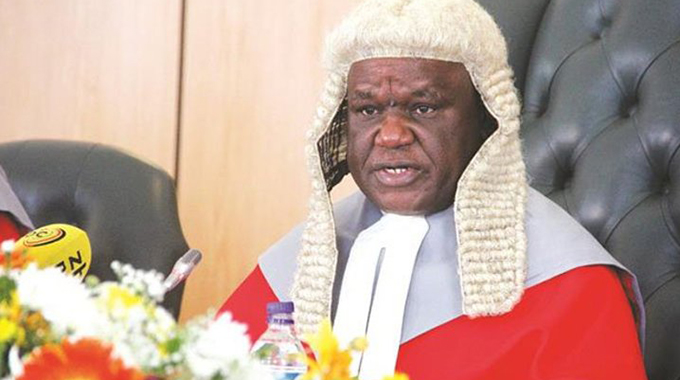In memoriam: Kofi Annan (1938-2018)

reGina Jane Jere Correspondent
In 2002, he helped set up “The Global Fund to Fight AIDS, Tuberculosis and Malaria”. It has since secured billions of dollars for over 1 000 programmes in over 150 countries.
In 2001, he was awarded the Nobel Peace Prize for his humanitarian work.
These and many other issues including governance and democracy in Africa are issues he highlighted in his book “Interventions: A Life in War and Peace”.
In one chapter, Annan described how at a Press conference in Gabon, just as his tenure began as UN Secretary-General in 199, a journalist asked him why he often criticised African governments, to which he replied: “I work a lot for Africa and I recognise its hardships, but I reserve the right to criticise Africans.”
He later told New African: “The struggle that led to independence in many African nations, sometimes led to the creation of national movements, and not necessarily political parties.
“When independence was achieved in some of these countries, they often found themselves in one big group.
“This led to a party-regime where the leaders did not tolerate differences, and stayed on. The sort of qualities that make dynamic, and revolutionary fighters, are not necessarily the same qualities you need to run a nation. This leads to difficulties.”
Annan believed that Africa must look beyond its colonial past to try and understand its current problems.
In other words, Africa must look at itself, if it is to prosper, socially and economically.
An optimist by nature, and a pragmatist who spoke his mind, Annan believed this is already happening.
“African governments are becoming more sensitive to democratic demands.
“This is because civil society is putting pressure on the politicians to do the right thing. We are now at the stage where we are seeing the generational change of leaders, who are better educated, and who know what they want from themselves, and their fellow citizens.”
In 2002, he helped set up “The Global Fund to Fight AIDS, Tuberculosis and Malaria”. It has since secured billions of dollars for over 1 000 programmes in over 150 countries.
In 2001, he was awarded the Nobel Peace Prize for his humanitarian work.
These and many other issues including governance and democracy in Africa are issues he highlighted in his book “Interventions: A Life in War and Peace”.
In one chapter, Annan described how at a Press conference in Gabon, just as his tenure began as UN Secretary-General in 199, a journalist asked him why he often criticised African governments, to which he replied: “I work a lot for Africa and I recognise its hardships, but I reserve the right to criticise Africans.”
He later told New African: “The struggle that led to independence in many African nations, sometimes led to the creation of national movements, and not necessarily political parties.
“When independence was achieved in some of these countries, they often found themselves in one big group.
“This led to a party-regime where the leaders did not tolerate differences, and stayed on. The sort of qualities that make dynamic, and revolutionary fighters, are not necessarily the same qualities you need to run a nation. This leads to difficulties.”
Annan believed that Africa must look beyond its colonial past to try and understand its current problems.
In other words, Africa must look at itself, if it is to prosper, socially and economically.
An optimist by nature, and a pragmatist who spoke his mind, Annan believed this is already happening.
“African governments are becoming more sensitive to democratic demands.
“This is because civil society is putting pressure on the politicians to do the right thing. We are now at the stage where we are seeing the generational change of leaders, who are better educated, and who know what they want from themselves, and their fellow citizens.”
reGina Jane Jere is a Zambian-born London-based journalist and founding Editor of the New African Woman magazine the sister-publication of the New African magazine of which she was the Deputy Editor for over a decade. This article is reproduced from New African magazine.








Comments